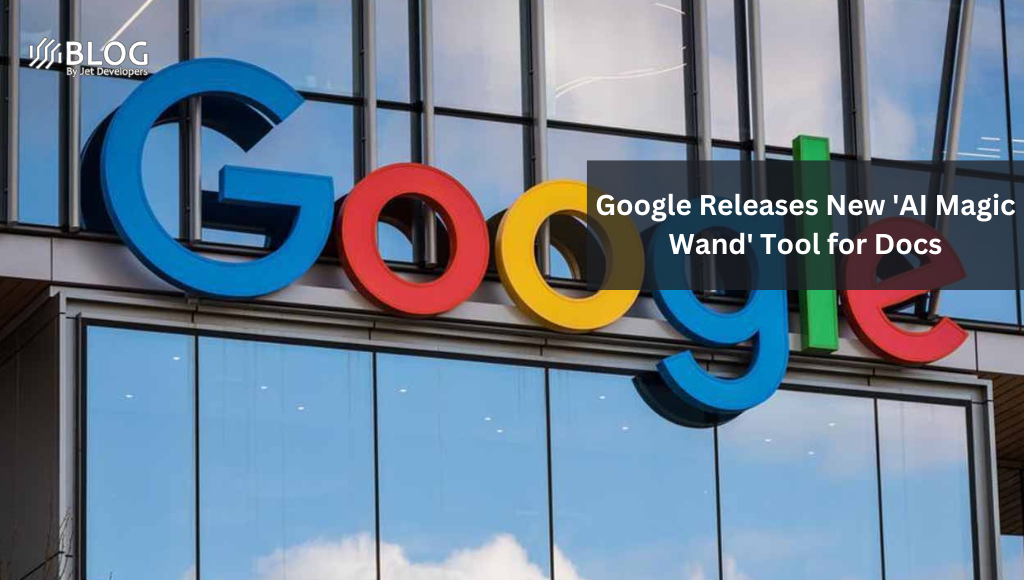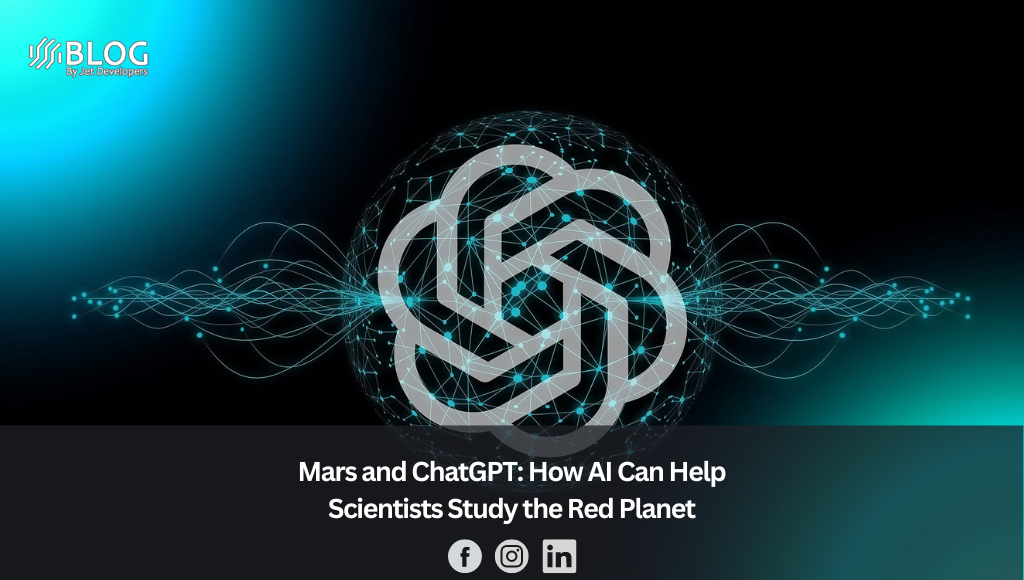On Tuesday, Google, a subsidiary of Alphabet Inc., announced a series of artificial intelligence (AI) tools for its email, collaboration, and cloud software. The move appears to be a challenge to Microsoft Corp, as the announcement comes just days ahead of Microsoft’s expected similar announcement.
Google’s newly unveiled AI tools include a “magic wand” for its Google Docs software, which can draft text for various purposes and even adjust its tone based on users’ preferences. According to a company official who gave a demonstration to reporters, this technology can create a marketing blog or a training plan, among other types of text.
Meanwhile, Microsoft has also teased its own event for Thursday, in which it will present how it is using AI to reinvent productivity, which is expected to showcase its own competing Word processor.
In addition to this “magic wand” tool, Google’s AI will also be able to summarize message threads in Gmail, generate slide presentations, personalize customer outreach, and take meeting notes as part of its Google Workspace product suite, which has billions of users on free and paid accounts.
The developments show how ChatGPT has sparked a rush in Silicon Valley to incorporate so-called generative AI, which, like the chatbot craze, learns from past data how to create content anew.
In an effort to speed up writing and creative chores for office workers, Microsoft, Alphabet, and other companies are investing billions of dollars in developing and deploying the technology.
“This next step is where we’re bringing human humans to be backed with an AI collaborator, who is working in real-time,” Thomas Kurian, Chief Executive of Google Cloud, said in a press briefing.
Similar to Microsoft and the gradual distribution of its chatbot programs, Alphabet is granting authorized test users access to new Workspace capabilities on a rolling basis throughout the year before a wider launch. Kurian chose not to disclose the potential cost to consumers or businesses of the enhanced Workspace.
Google also presented a variety of generative AI tools for its cloud computing clients, including a preview of PaLM, one of its most potent “large language models” that produces text that resembles that of a human. Customers can use their own data to improve Google’s AI model, but the company will keep the results and advantages confidential.






